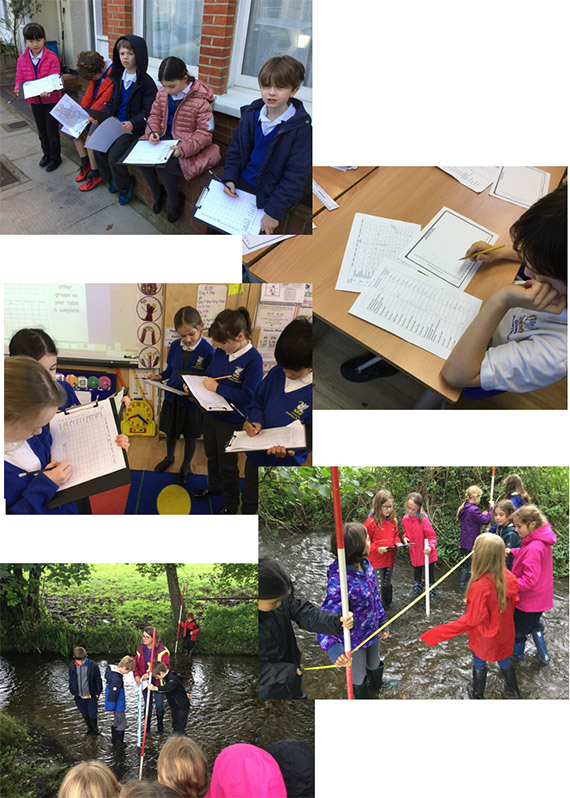
GEOGRAPHY AT ORLEANS PRIMARY SCHOOL
Geography provokes and answers questions about the natural and human world. It is our aim that through the study of Geography pupils at Orleans will develop knowledge of places and environments throughout the world, an understanding of maps, and a range of investigative and problem-solving skills through their work both inside and outside the classroom.
The study of geography involves our pupils exploring the relationship and interactions between people and the environments in which they live and upon which they and all life on Earth depends. Many of the pupils who now attend our school will live to see the next century and inhabit a world of 11 billion people. The many opportunities and challenges that will arise during their lifetime will be very much about geography at personal, national and global scales. What we intend pupils to learn in geography reflects this throughout the curriculum.
Geography in the Foundation Stage
Children are developing the crucial knowledge, skills and understanding that help them to make sense of the world, in historical and geographical ways. We understand that to effectively develop these skills children at this stage need access to plenty of first-hand experiences that encourage exploration, observation, problem-solving, prediction, critical thinking, decision-making and discussion. The specific area of learning is called Understanding of the world. It involves guiding children to make sense of their physical world and their community through opportunities to explore, observe and find out about people, places, technology and the environment.
Key Stages 1 & 2
In Geography, the pedagogy which underpins learning is a key question led enquiry approach, which encourages our pupils to take increasing responsibility for their learning, think independently and achieve challenging subject outcomes. At our school, we seek to encourage pupils to learn their geography through big question led enquiries about topics, places and themes which focuses on real people, places and geographical issues and allows them sufficient scope and time to really engage in high order subject skills such as developing explanations (even though there are very often no ‘right’ answers to questions in geography), reaching conclusions, making judgements, evaluating, applying information learned in one context to another and generating their own ideas and questions to investigate through hypothesising.
Our learning and teaching in geography is interactive and practical allowing opportunities for pupils to work independently, in pairs and also in groups of various sizes both inside and outside of the classroom. Learning activities are varied including the use of mysteries, maps at different scales, GIS, geographical puzzles, photographs and drama. Equally, we provide varied and differentiated ways for pupils to record the outcomes of their work including the use of ICT, concept mapping, annotated diagrams, improvised drama and the application of a wide range of writing genres. Only in this way will knowledge become embedded and ‘sticky’ and ensure that our pupils can build on what they know and understand from one year to the next.
Our Geography Curriculum is high quality, well-thought-out and is planned to demonstrate progression. When children show signs of being gifted and talented in Geography, teachers endeavour to provide teaching and learning experiences that encourage all pupils to think creatively, explore and develop ideas, and try different approaches.

